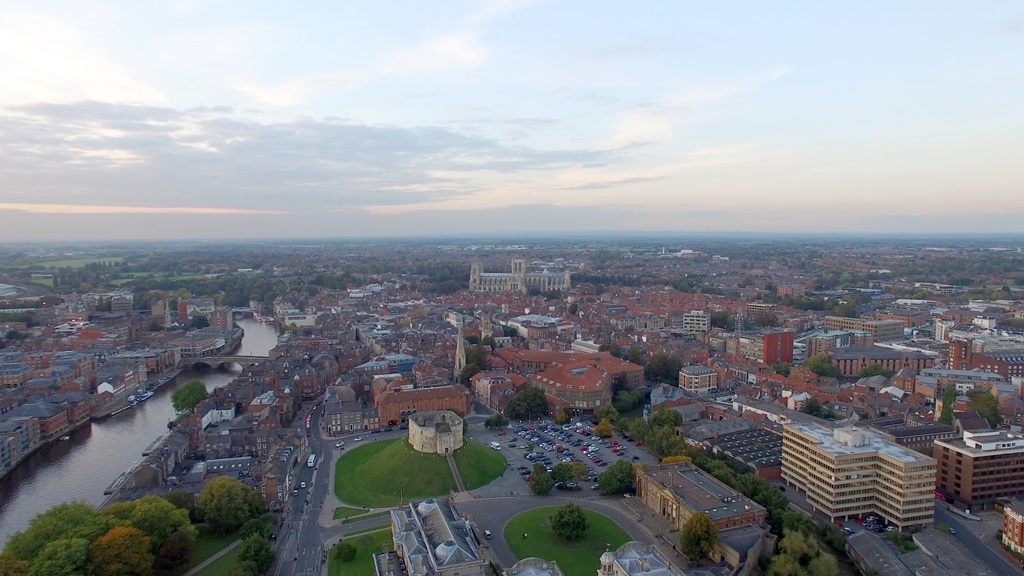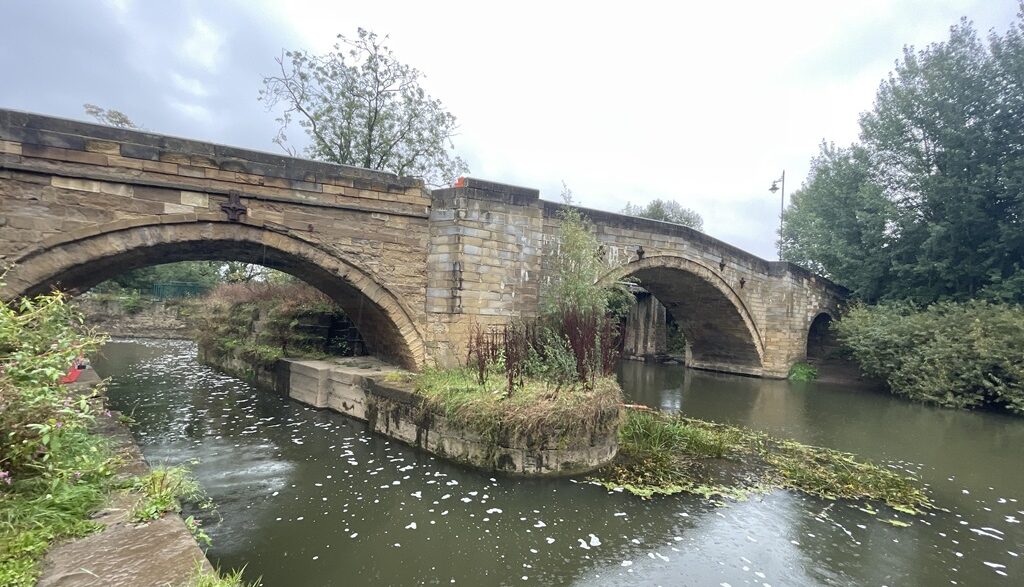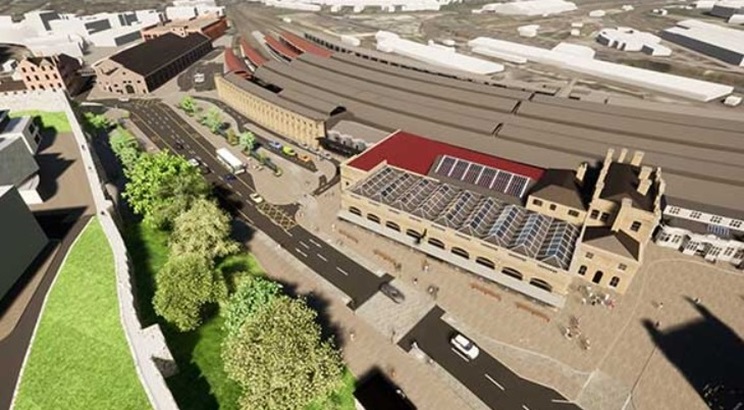York makes sustainability challenge shortlist
Ten cities from 150 applicants remain in the race to be one of three selected for a $9m Toyota-backed programme driving innovation in urban mobility.
The Toyota Mobility Foundation Sustainable Cities Challenge “aims to help cities improve access to opportunities, apply data-driven approaches for more resilient transport systems, and reduce carbon”.
Cities from 46 countries entered the challenge, with those still in the hunt being:
- Bengaluru, India: fast-growing, and the second-most congested city in the world.
- Detroit, USA: the original ‘motor city’ suffers poor air quality and aims to address freight emissions.
- Fortaleza, Brazil: Much change in a decade, but now seeking to make transport accessible to low-income communities.
- Medellín, Colombia: With a steeply sloping streetscape, Medellín is looking for integrated approaches to make mobility more inclusive and accessible.
- Mexico City, Mexico: World Heritage status makes modification a challenge.
- New Orleans, USA: Climate change has brought about the need for infrastructure that will support rapid evacuations of vulnerable residents.
- Seberang Perai, Malaysia: Huge industrial parks produce income, but consume massive energy and produce high levels of emissions.
- Varanasi, India: Has seen an explosion in e-rickshaw use, with better organisation and efficiency now required.
- Venice, Italy: Private vehicle use remains high in the face of public spending on other modes of transport in a city needing systems that work across land and water.
- York, UK: York wants to combine its fragmented modes of public, shared and private transportation into a single, cohesive fleet to increase accessibility, affordability, reduce emissions and journey times.
The Toyota Mobility Foundation, in partnership with Challenge Works and World Resources Institute, launched the challenge in June 2023.
York wants to find new innovative solutions to turn its existing fragmented ‘fleets’ of public transportation, shared transportation, and private vehicles into a more cohesive virtual fleet to enable better urban management of total vehicle movements for people and goods.
Transport accounts for close to a third of York’s total emissions, negatively impacting health, wellbeing, and the city’s architectural heritage. A 2030 Net Zero target recognises the need to cut vehicle miles by 20%.
While if successful, the current focus for York’s entry is ‘cohesive virtual fleets’, the city team will explore this issue and other mobility issues with local stakeholders to identify how they can best support mobility systems.
Councillor Pete Kilbane, City of York Council’s deputy leader and executive member for economy & transport, said:
“The city centre challenges of York’s mediaeval street pattern means that getting transport right for everybody requires significant care, careful consultation and ambitious innovation to make sure we assign limited shared space efficiently, dynamically, and sustainably.
“It is a significant credit to York that we have been included in this global list of world-leading cities. This Challenge will help us to get the innovation needed to achieve a better balance between people and goods across a range of competing mobility needs and vehicle types, improving mobility for the people and businesses of York.
“This is a major boost as we embark on the very significant and broad Our Big Transport Conversation consultation we are carrying out from later this month, as part of our commitment to reducing vehicle miles by 20% and delivering a transport infrastructure here in York.”
York will be invited to attend a capacity building academy and will receive support developing their challenge design, becoming part of a wider network of other innovative city teams.
Three cities from the shortlist will be selected to launch their own City Challenges and in mid-2024, the call will be launched to global innovators to work with the winning cities.
City Challenges will identify and support innovators through a two-year challenge with up to $9m available to innovators and cities to support the growth and scaling of solutions.
Ryan Klem, director of programmes at the Toyota Mobility Foundation, said: “This shortlist shows how cities of all sizes around the world face a wide variety of mobility challenges. We can see how these cities are already making efforts to improve their transportation systems and we are very excited to begin supporting them directly in the next stage of the Sustainable Cities Challenge.”
Kathy Nothstine, head of future cities at Challenge Works, said: These cities have highlighted different areas where innovation has the potential to make mobility systems more sustainable, resilient and accessible. The Sustainable Cities Challenge will bring cities and innovators together with city residents to tailor solutions to real world challenges through open innovation.”





